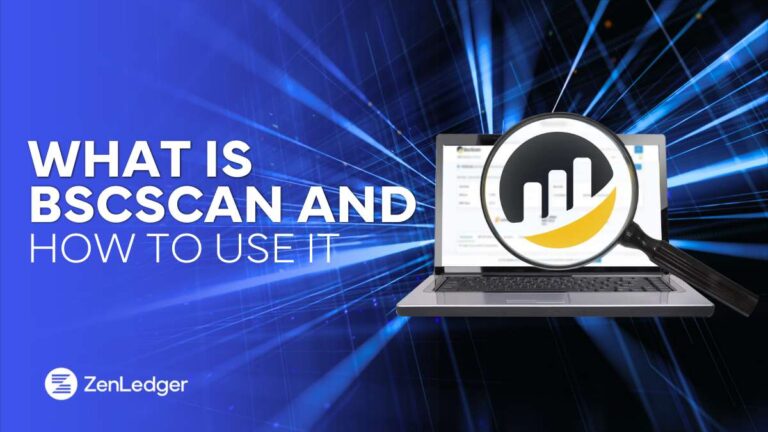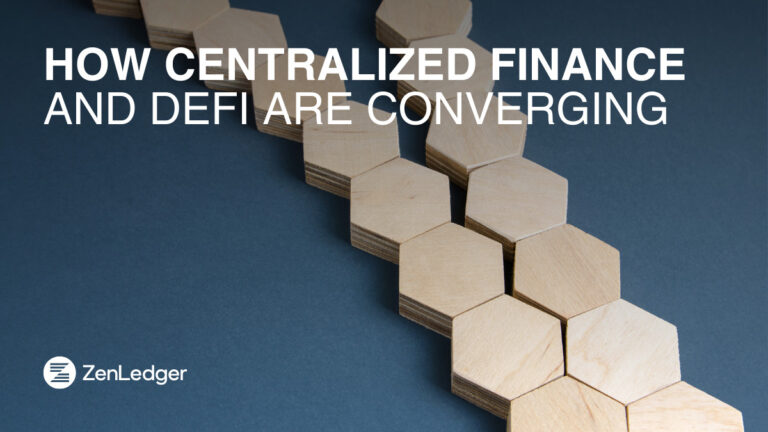A lot of newbie crypto investors start their investment journey with crypto exchanges such as Coinbase, which is a custodial exchange. A few experienced traders, on the other hand, prefer non-custodial exchanges for the convenience, security, and anonymity they provide. A newbie investor/trader might think that trading on a custodial or non-custodial exchange is the same. However, that is not the case. Let’s take a closer look at custodial and non-custodial exchanges.
Understanding Custodial Exchanges
Custodial exchanges are online platforms that allow users to buy and sell cryptocurrencies, such as Bitcoin, Ethereum, and more. These exchanges act as custodians, holding the assets and private keys (more on this later) on behalf of the user and facilitating the buying and selling process.
One of the main benefits of custodial exchanges is that they offer a simple and user-friendly interface, making it easy for beginners to get started with crypto trading. Custodial exchanges also offer a range of features, such as charting tools, real-time market data, and the ability to set stop-loss orders, which can be helpful for more experienced traders.
However, there are also some drawbacks to using custodial exchanges. One of the main risks is the potential for hacks or security breaches, which can result in the loss of users’ assets. Custodial crypto exchanges also typically charge fees for their services, which can impact the profitability of trades.
Understanding Non-Custodial Exchanges
Non-custodial exchanges (referred to as DEXs, Decentralized Exchanges) are online platforms that allow users to buy and sell cryptocurrencies without holding their assets or private keys. Instead, non-custodial exchanges facilitate peer-to-peer trades, meaning that users can trade directly with each other without the need for a third party to hold their assets.
One of the main benefits of non-custodial crypto exchanges is that they offer more control to users over their assets. Since the exchange does not hold the assets, users have full ownership and control over their cryptocurrencies. This can be particularly appealing to users who are concerned about the security of their assets.
Another advantage of non-custodial exchanges is that they often have lower fees compared to custodial exchanges. This can make them more profitable for traders who are looking to minimize their costs.
However, non-custodial exchanges also have some drawbacks. They may not be as user-friendly as custodial exchanges and may require a deeper understanding of cryptocurrency trading. Also, non-custodial crypto exchanges may have less liquidity compared to custodial crypto exchanges.
Learn more about cryptocurrencies: What Is Cryptocurrency And How Does It Work?
Why Do You Need a Self-Custody Wallet?
A self-custody wallet is a type of cryptocurrency wallet that allows users to hold and manage their own assets rather than relying on a third party to do so. There are several reasons why someone might choose to use a self-custody wallet:
Security: One of the main reasons for using a self-custody wallet is to increase security. When you hold your own assets, you have full control over your private keys, which are needed to access your assets. This can provide an additional layer of security compared to using a third-party exchange or wallet that holds your assets for you. However, if you accidentally entrust your money to a malicious third party, you might never see your hard-earned money again.
Control: Using a self-custody wallet gives you more control over your assets. You are responsible for managing your own private keys and can make decisions about how and when to access your assets. It is highly unlikely for a well-established custodial exchange to flee with users’ funds, but that doesn’t mean they are completely safe to use. They can severely lower your maximum withdrawal limit and increase the fees for using their platform. If the exchange is temporarily down, you can’t access your funds. In short, without your keys in control, your funds are essentially not yours.
The most recent example of “not your keys, not your coins” is the downfall of the FTX exchange. After the exchange filed for bankruptcy, the savings of hundreds of thousands of users who deposited their funds on the exchange are in jeopardy.
Privacy: Self-custody wallets can also offer more privacy compared to using a custodial wallet or an exchange. Since you are in control of your own assets and private keys, you can keep your transactions and holdings more private.
It is worth noting that self-custody wallets require more knowledge and responsibility compared to using a third-party wallet or exchange. More importantly, you are responsible for your funds. This means that if you lose your keys or someone else gets hold of them, you can lose your cryptocurrencies for good.
If you are looking for a robust self-custody wallet then Ledger is where your search ends. Ledger is a company that produces hardware wallets for securely storing cryptocurrencies. Ledger offers a range of hardware wallet products, including the Ledger Nano S and Ledger Nano X, which support a wide variety of cryptocurrencies. In addition to its hardware wallets, Ledger also offers a variety of software and services related to cryptocurrency security.
What is a Wallet Address?
A wallet address is a unique string of letters and numbers that is used to identify a specific cryptocurrency wallet. It is connected to a blockchain wallet or a crypto wallet.
Wallet addresses can be shared publicly, allowing others to send cryptocurrencies to your wallet. However, be a bit careful with your wallet address, as anyone who has access to it can view your wallet balance and track transactions. A crypto wallet has two types of keys: Private and Public. A private key grants you access to your crypto funds, whereas a public key is like a bank account where others can send your cryptocurrencies.
What is a Private Key?
A private key is a unique, secret code that is used to access a cryptocurrency wallet. It is a long string of letters and numbers that is generated when you create a wallet and is used to sign transactions and prove ownership of the wallet.
Private keys are a crucial part of the cryptocurrency ecosystem and are used to ensure the security and integrity of transactions. They are like a password that gives you access to your wallet and the assets it holds. It is important to keep your private key safe and secure, as anyone who has access to it can potentially access and spend your assets.
Private keys should never be shared with anyone else and should be kept private at all times. It is also a good idea to store your private key in a safe and secure place, such as a hardware wallet or a password-protected file.
What is a Public Key?
Just like a private key, a public key is also a large numeric value used to encrypt data or verify the authenticity of a digital signature. They are derived from private keys using complex mathematical algorithms, but they are not the same as private keys and cannot be used to access or spend assets.
Public keys can be shared publicly, allowing others to send cryptocurrencies to your wallet. They are also used to generate a public address, or wallet address, which is a shorter version of the public key that is easier to share and use.
Conclusion
Before anyone starts trading or investing in the crypto market, they need to understand the basics, such as the difference between custodial and non-custodial exchanges, wallets, public keys, and private keys. This is exactly what we tried to do with this article. We hope this helps you understand crypto exchanges and wallets.



